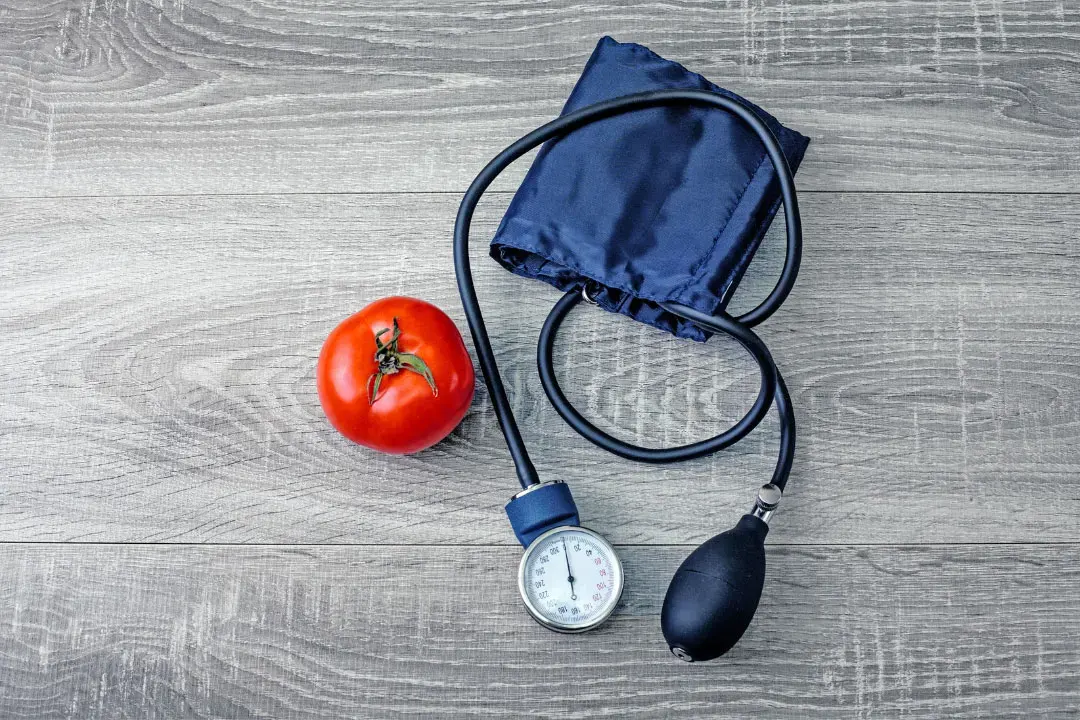Should You Try Supplements to Reduce Blood Pressure? Here are the Facts:
Controlling your blood pressure is essential for your overall health, and it may also help reduce your risk of heart disease and stroke, improve cardiovascular function, and even enhance cognitive function. We’ll discuss how natural supplements may help reduce blood pressure, and recommend one of the best supplement brands on the market.
Blood pressure is a subject near and dear to your heart. Simply put, it’s the amount of force your body uses to move blood to your heart and through the circulatory system. A normal blood pressure reading is 120/80. The problems arise when it gets much higher.
You May Also like:
5 Great Benefits of Chaga Mushroom Supplements
Earth Energy Supplements vs VOKE-Energy Chewable Tabs
Should You Try Supplements to Reduce Blood Pressure? Here are the Facts is an original (Health11News) article.
Dangers of high blood pressure
Often called “the silent killer,” high blood pressure affects nearly half of all Americans over the age of 20 – more than 122 million people. Those numbers rise in the elderly population, leading to life-threatening conditions, including:
- Risk of heart attack and stroke: Hypertension damages the walls of your arteries, making them susceptible to plaque, which can block the blood flow to your heart. The plaque can also cause blood clots which block blood flow to the heart or brain, resulting in heart failure or a stroke.
- Shortness of breath: The narrowing of your heart valves can also prevent oxygen from reaching your lungs and literally take your breath away.
- Kidney damage: High blood pressure can damage the arteries around your kidneys, making it tougher for them to rid your body of toxins. It also causes uric acid to build up, putting you at greater risk for kidney stones.
- Aneurysm: The increased pressure of blood moving through a plaque-filled artery can cause a section of the blood vessels inside your brain to form a clot or aneurysm. This can be deadly if the aneurysm ruptures and causes internal bleeding.
- Migraines: Sometimes called hypertension headaches, migraines can be the result or cause of high blood pressure.
- Vision problems: Known as hypertensive retinopathy, when blood has trouble reaching the retina, your vision can become blurred. A lack of blood flow to the retina can also lead to eye diseases and bleeding in the eyes.
- Fatigue: While hypertension doesn’t make all sufferers tired, fatigue is often a symptom. It’s also a side effect of many blood pressure medications.
- Sexual dysfunction: Lack of blood flow to the vagina can lead to low libido in women. Blood flow problems to the penis can also result in erectile dysfunction in men.
- Dementia: Narrowed arteries can damage small vessels inside the brain and limit blood flow to the areas responsible for memory and cognitive reasoning. A stroke brought on by high blood pressure can also cause vascular dementia.
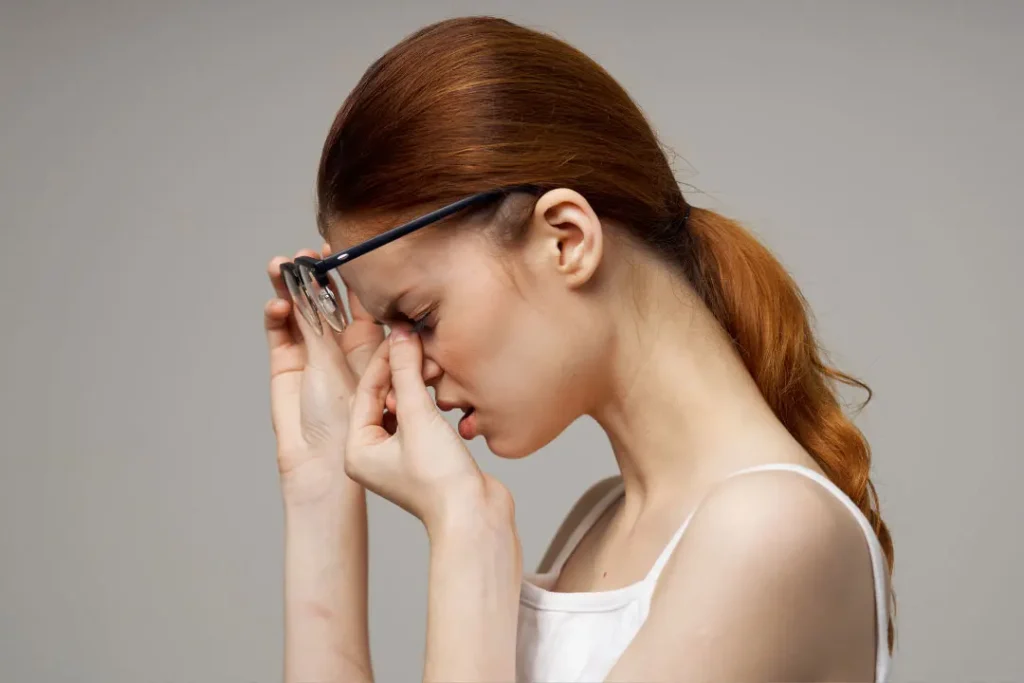
Prescriptions or supplements to reduce blood pressure
There’s no shortage of ACE inhibitors (angiotensin-converting enzymes) on the market but beware: Each comes with side effects. Some of the more popular ones include:
- Enalapril: Often causes a dry cough that doesn’t respond to cough medicine, headaches, and diarrhea.
- Lisinopril: Side effects include an itchy rash, headaches, and a dry cough.
- Perindopril: Can cause dizziness, muscle cramps, body aches, and the same dry cough common in most prescription blood pressure medications.
- Ramipril: Can cause upset stomach, weakness, and swelling of the throat and tongue.
- Amlodipine besylate: Common side effects include ankle and foot swelling, drowsiness, and dizziness.
- Metoprolol: This drug can lead to a decrease in sex drive and sexual performance. Even more concerning? It can lead to a slow or irregular heartbeat.
These side effects may have you wondering, what’s worse: the cure or the disease? That’s when it’s time to try natural supplements to reduce blood pressure.
Should You Try Supplements to Reduce Blood Pressure? Here are the Facts is the (Health11News) report.
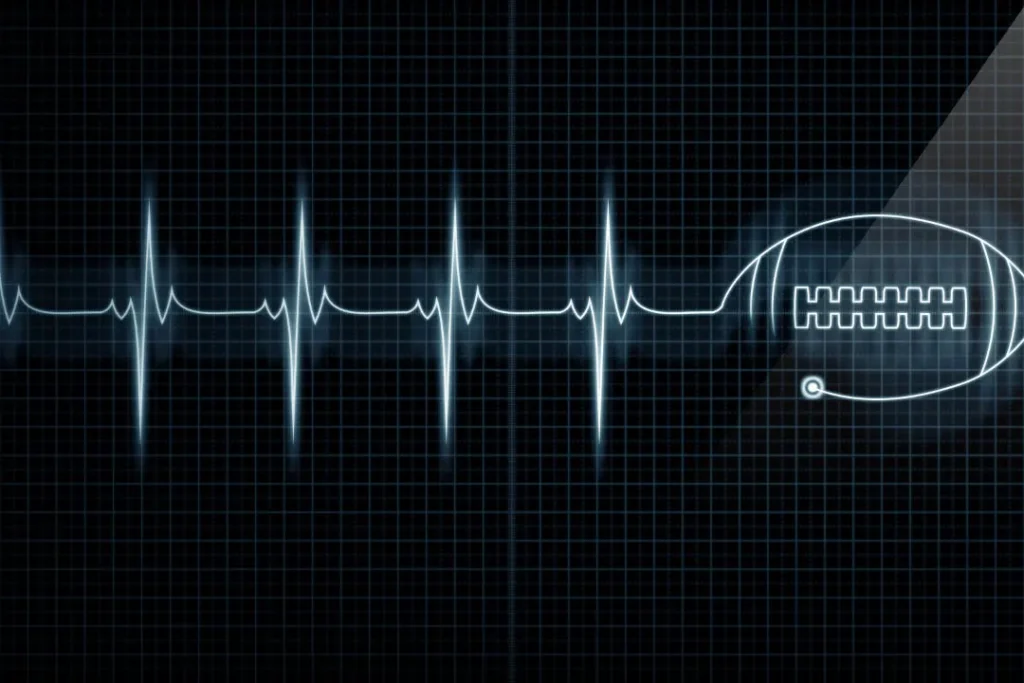
The best supplements to reduce blood pressure
Doctors recommend you check your blood pressure often, using a sphygmomanometer or blood pressure monitor. Some lifestyle changes can help to reduce your blood pressure, such as: losing weight; eating a healthy, plant-based diet; exercising regularly; and getting adequate sleep. When that’s not enough, it’s time to consider natural herbs and supplements to reduce blood pressure. The following herbs don’t come with the dreaded side effects.
- Ginger root: This spice acts as a natural calcium channel blocker and ACE inhibitor. It’s one of the best supplements to reduce blood pressure because it prevents blood clots from forming in your arteries.
- Garlic: Researchers found garlic reduces hypertension, decreases artery swelling, and improves gut health. The only side effect? Bad breath.
- Thyme: This aromatic herb is credited with treating everything from the common cold to reducing high blood pressure. It contains potassium, which helps regulate blood flow and lower blood pressure.
- Roselle: The roselle or hibiscus sabdariffa plant has been used for centuries for its medicinal value. It’s rich in anthocyanins, a substance that naturally lowers blood pressure.
- Hawthorn Berry: These tiny fruits have been used in traditional Chinese medicine for thousands of years to treat everything from digestive issues to high blood pressure. The antioxidants in hawthorn may prevent damage to heart valves that can lead to high blood pressure.
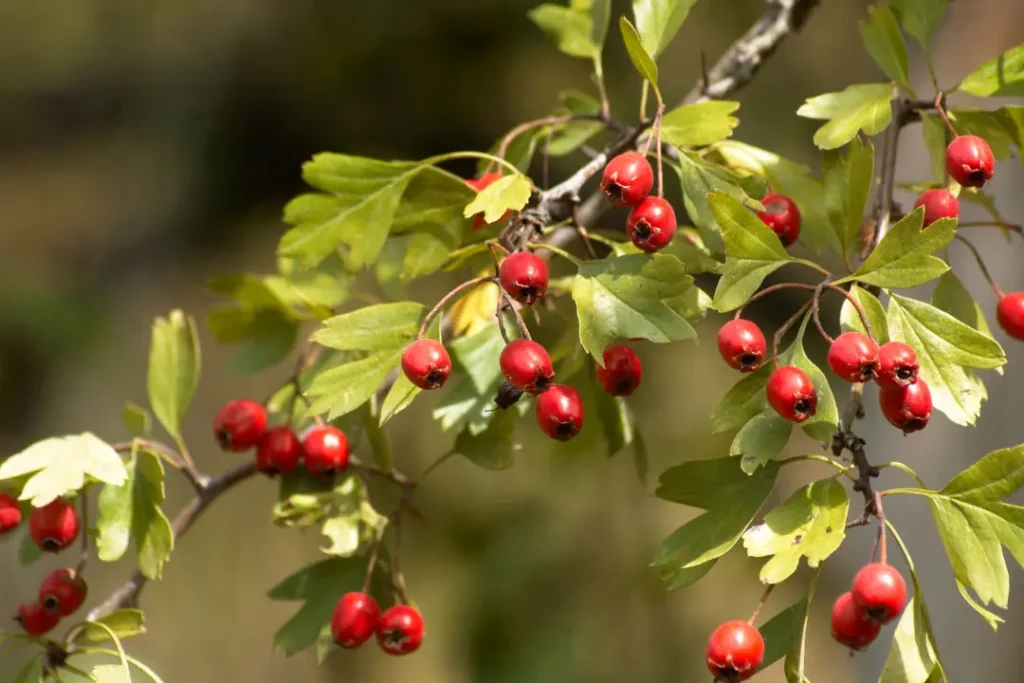
Shopping for supplements to reduce blood pressure
When searching for supplements to reduce blood pressure, we looked for products that combined two or more of these plants. We also looked for online reviews from customers. Medicine Man Plant Co’s Blood Pressure Pill was the only one we found that combined ginger root, roselle, and hawthorn berry. A check of online reviews produced plenty of five-star ratings. If you’re not satisfied, Medicine Man Plant Co. offers a 45-day refund. The company also promises to answer all complaints and “make it right.”
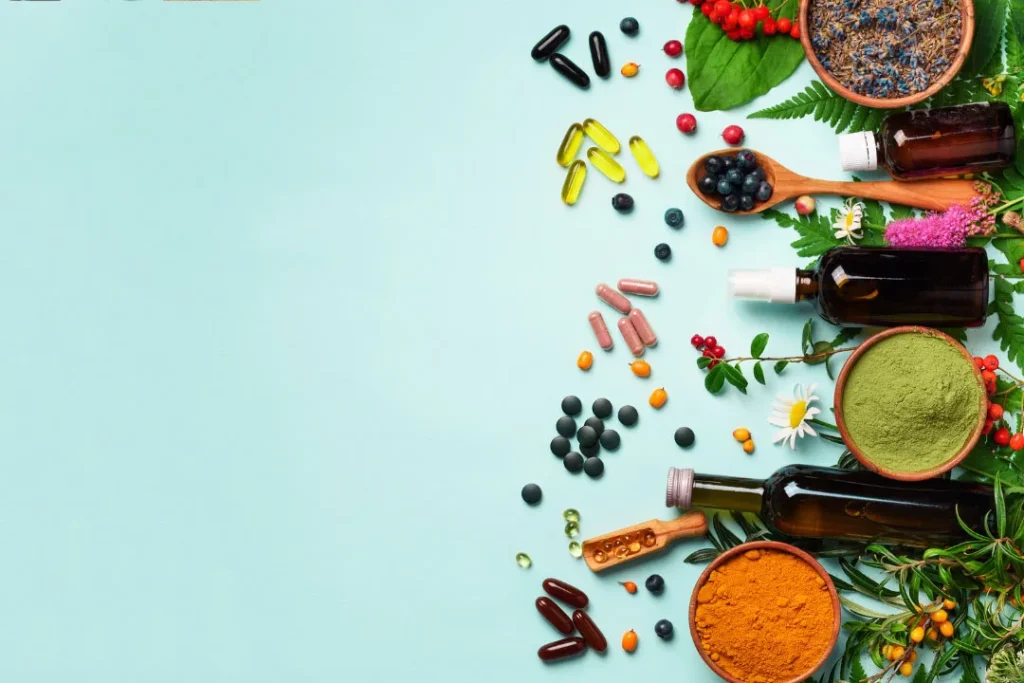
No pressure
The Centers for Disease Control estimates 1 in 3 adults with high blood pressure don’t seek treatment for it because they’re not aware they have it. Many who knowingly suffer from hypertension give up taking the prescription medications because of all the side effects. A natural, plant-based supplement to reduce blood pressure may be the perfect solution, even if you’re just aiming to maintain a normal blood pressure. You have nothing to lose but a few points on the sphygmomanometer.
Further reading for additional reference:
American Heart Association: The Facts About High Blood Pressure
National Library of Medicine: Does ginger supplementation lower blood pressure? A systematic review and meta-analysis of clinical trials
Mayo Clinic: High blood pressure dangers: Hypertension’s effects on your body
Important Note: The information contained in this article (Should You Try Supplements to Reduce Blood Pressure? Here are the Facts) is for general informational purposes only, and should not be construed as health or medical advice, nor is it intended to diagnose, prevent, treat, or cure any disease or health condition. Before embarking on any diet, fitness regimen, or program of nutritional supplementation, it is advisable to consult your healthcare professional in order to determine its safety and probable efficacy in terms of your individual state of health.
Regarding Nutritional Supplements Or Other Non-Prescription Health Products: If any nutritional supplements or other non-prescription health products are mentioned in the foregoing article, any claims or statements made about them have not been evaluated by the U.S. Food and Drug Administration, and such nutritional supplements or other health products are not intended to diagnose, treat, cure, or prevent any disease.

